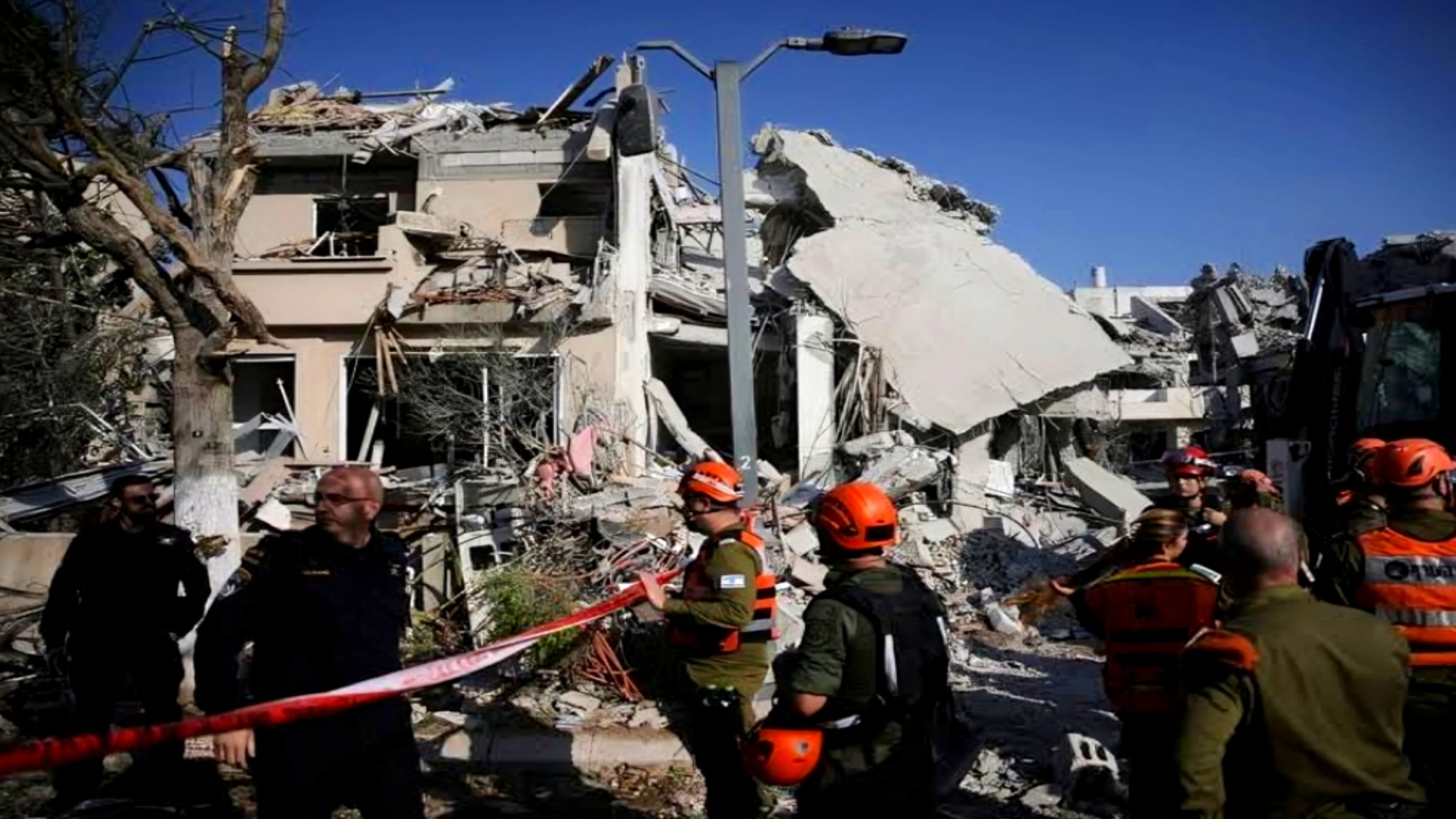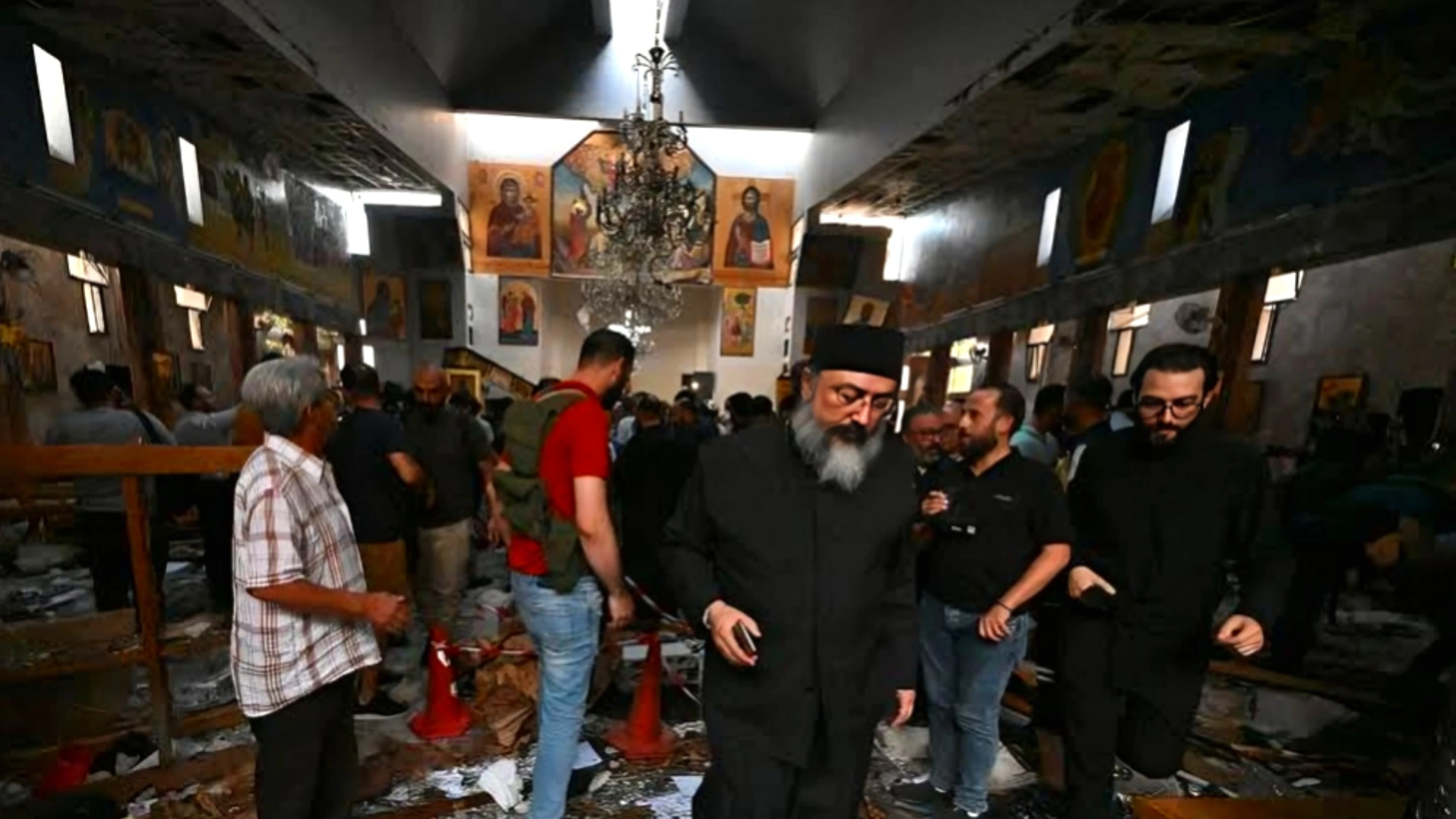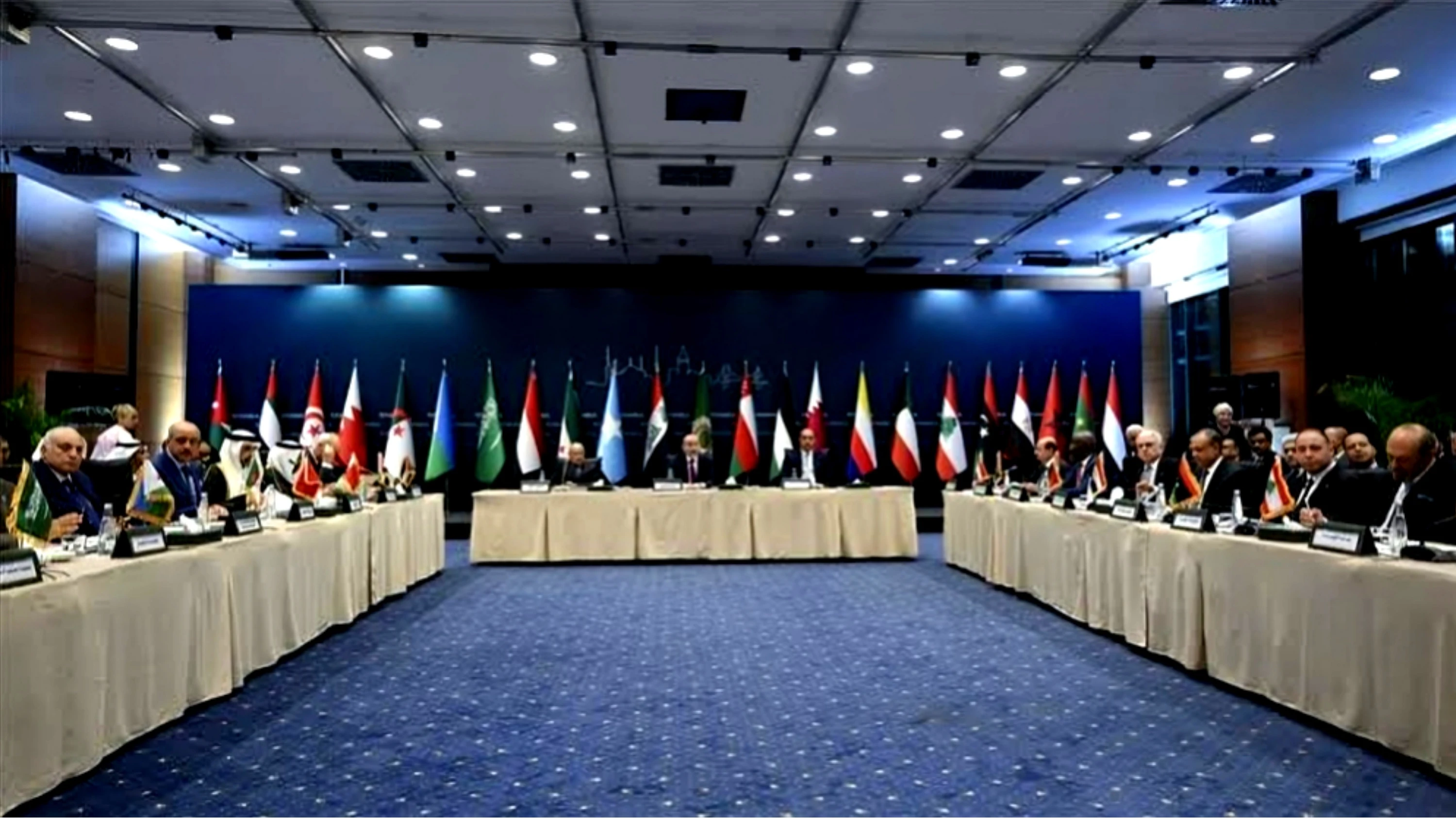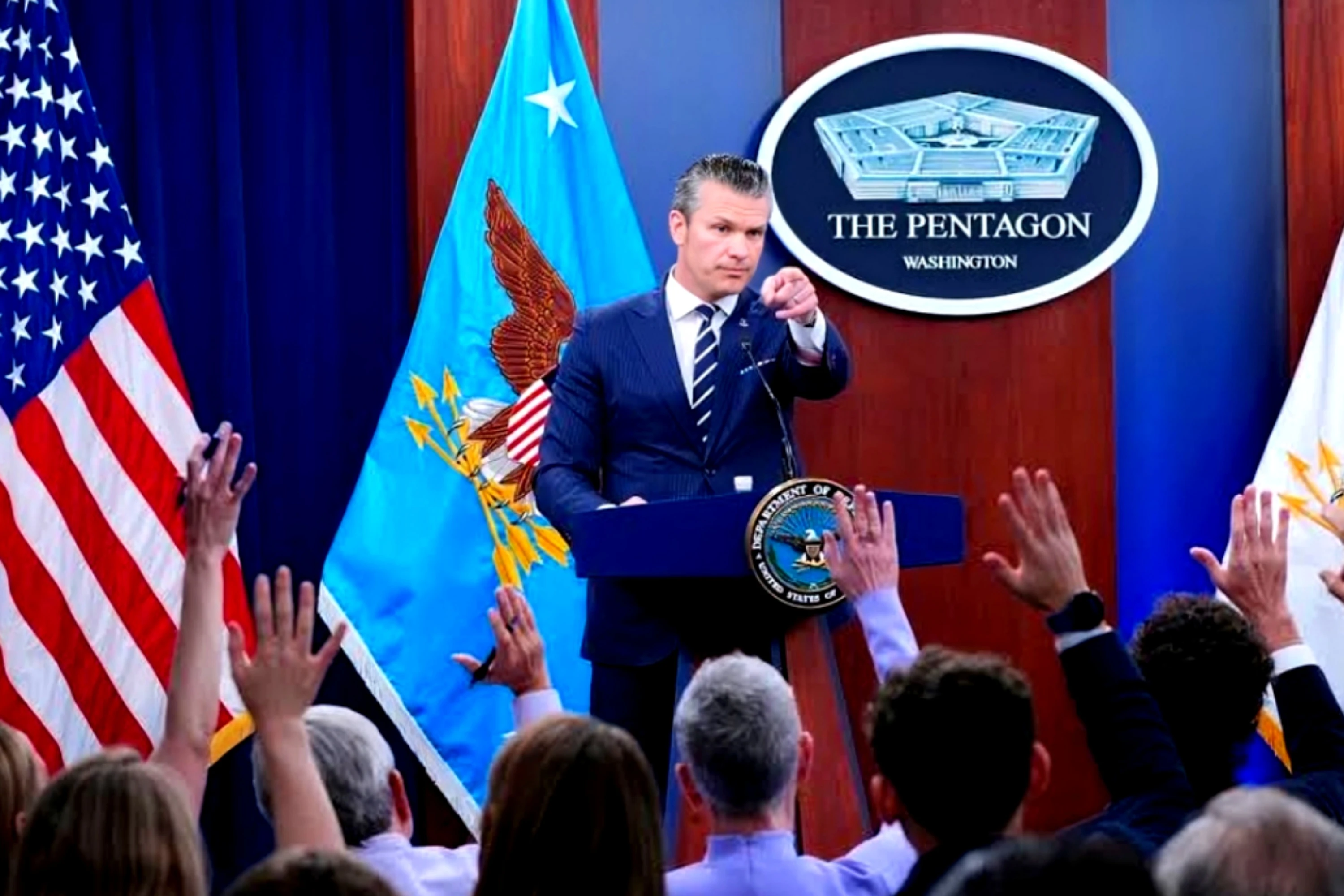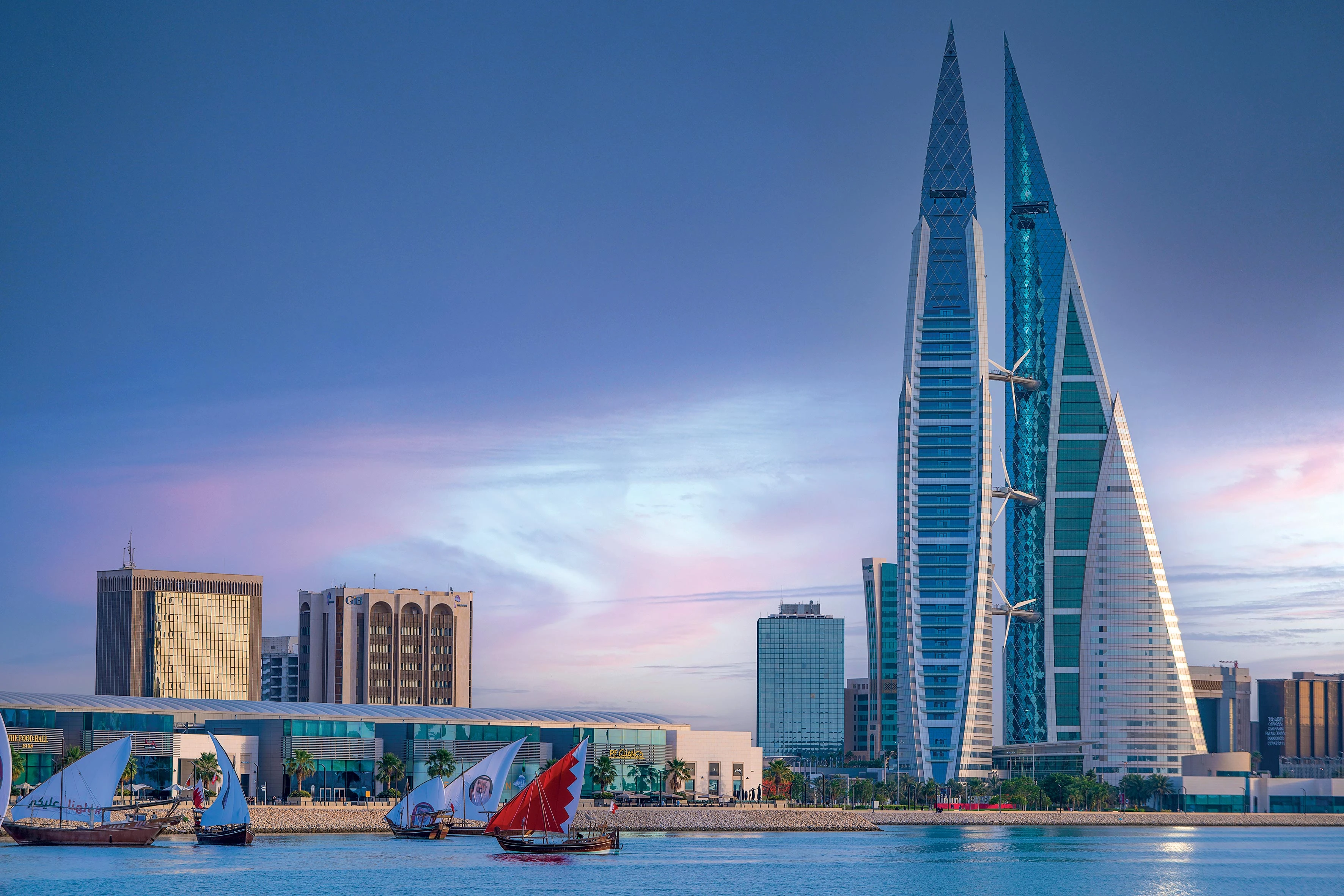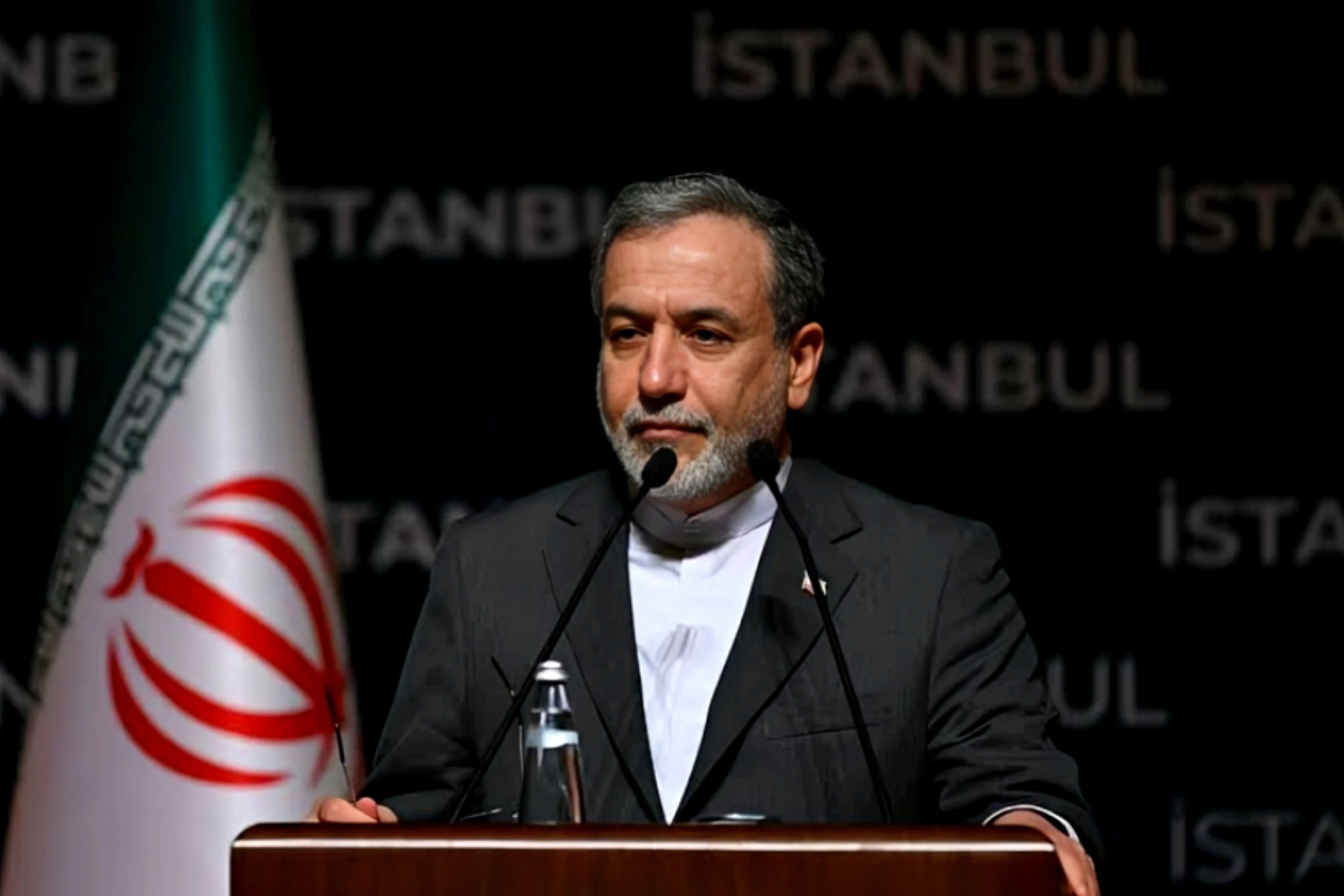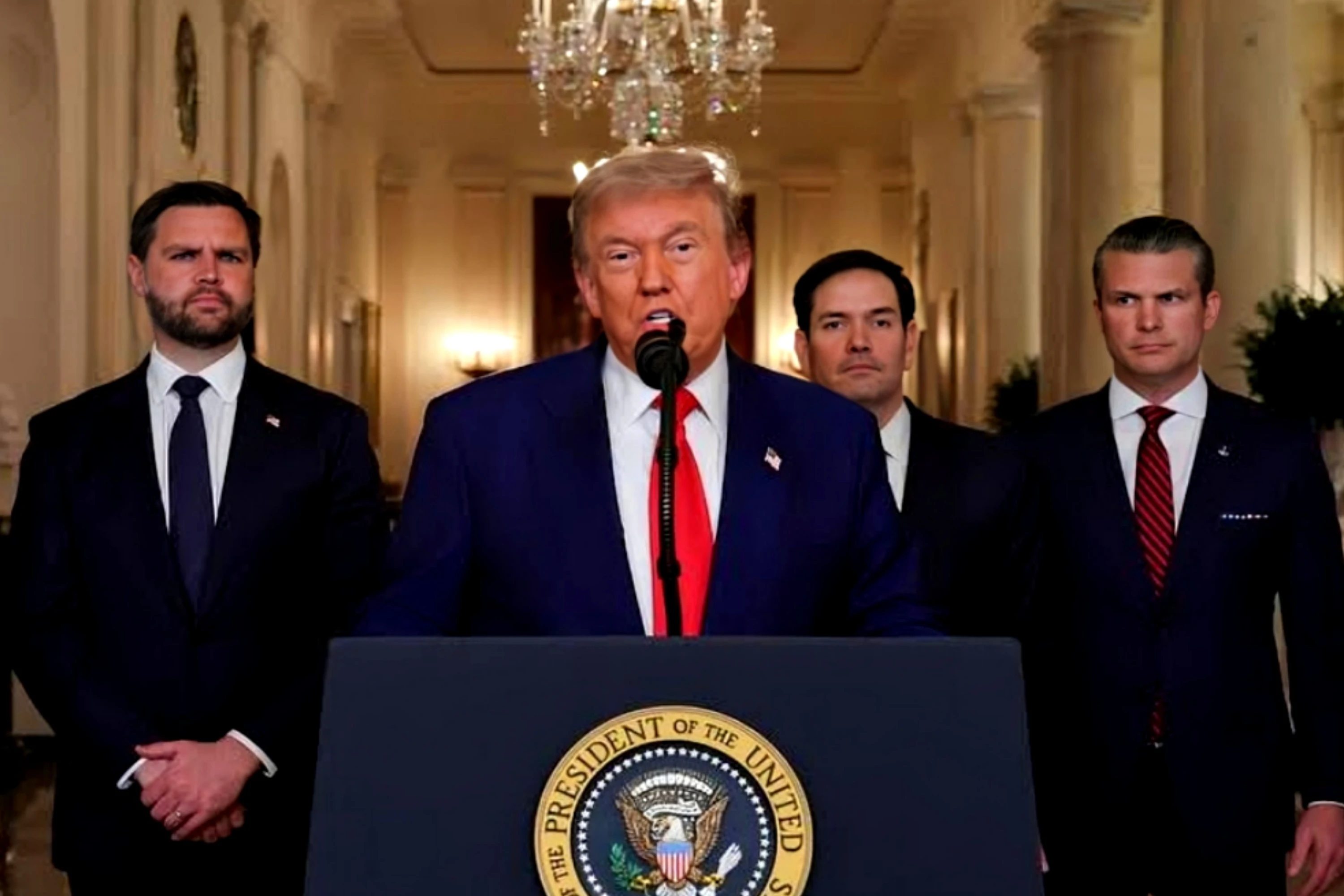Tehran: Tensions in the Middle East surged on Monday as Iran and Israel exchanged missile and air strikes following a massive U.S.-led assault on Iran’s nuclear infrastructure, the most significant Western military action against the Islamic Republic since the 1979 revolution.
The attack, which took place on Saturday, targeted Iran’s underground Fordow nuclear facility. Satellite imagery suggests the site may have sustained extensive damage, though the full impact remains unverified. President Donald Trump claimed that the strikes inflicted "monumental damage," asserting on his Truth Social platform that the operation hit deep underground nuclear targets.
In total, the U.S. deployed 75 precision munitions, including bunker-buster bombs and over two dozen Tomahawk missiles against three nuclear-related sites, according to General Dan Caine, chairman of the Joint Chiefs of Staff.
Despite global appeals for de-escalation and diplomacy, Iran vowed to defend itself. While it responded with a missile barrage on Israel—causing injuries and damaging buildings in Tel Aviv—it stopped short of hitting U.S. military bases or blocking oil traffic through the Strait of Hormuz, both of which it had previously threatened to do.
The International Atomic Energy Agency (IAEA) confirmed that radiation levels outside Iranian nuclear facilities remain unchanged, and its director general, Rafael Grossi, said it was too early to determine the extent of damage to the Fordow plant. Senior Iranian officials said that most of Iran’s enriched uranium had already been moved before the attack.
Meanwhile, the oil markets reacted swiftly. Brent crude rose to $78.89 a barrel—its highest level since January—while U.S. West Texas Intermediate crude climbed to $75.71, amid fears that further disruptions could push prices even higher.
Iran’s parliament has greenlit a plan to close the Strait of Hormuz, a vital chokepoint for global oil exports, though the final decision lies with the Supreme National Security Council, overseen by Supreme Leader Ayatollah Ali Khamenei’s appointee.
In response to potential retaliation, the U.S. has bolstered security at its bases in Iraq and Syria, and the State Department issued a global security alert urging Americans abroad to exercise heightened caution. Secretary of State Marco Rubio warned Iran via Fox News that shutting the Strait would be economically disastrous and provoke an international response.
Israel reported multiple Iranian missile early Monday, hitting Ashdod power plant, with air raid sirens sounding in Tel Aviv and surrounding areas. Meanwhile, Iran’s air defense systems were activated in central Tehran amid reports of Israeli strikes on Parchin, a site tied to Iran’s defense industry.
On social media, Trump hinted at the possibility of regime change in Iran, writing: “If the current Iranian Regime is unable to MAKE IRAN GREAT AGAIN, why wouldn’t there be a Regime change??? MIGA!!!” This statement contrasted with earlier remarks from Vice President JD Vance and Defense Secretary Pete Hegseth, who both denied seeking to overthrow Iran’s government.
The conflict began on June 13 when Israel launched an unannounced assault on Iranian targets, sparking a series of escalating retaliatory measures. Israeli officials have since become more vocal about their intent to dismantle Iran’s clerical leadership.
Amid the crisis, Iran’s Foreign Minister Abbas Araqchi is in Moscow for talks with President Vladimir Putin. Russia, a close ally of both Iran and Israel, condemned the U.S. strikes and warned of broader destabilization across the region.
At the United Nations, the Security Council convened urgently on Sunday. Russia, China, and Pakistan jointly proposed a resolution demanding an unconditional ceasefire. Secretary-General António Guterres described the U.S. bombings as a dangerous escalation and urged a return to negotiations over Iran’s nuclear program.
Air travel has also been affected, with commercial airlines suspending routes through the region. Flight tracking data from FlightRadar24 showed a significant airspace void over Iran, Iraq, Syria, and Israel.
As the world watches anxiously, the risk of broader conflict looms unless diplomacy prevails.


